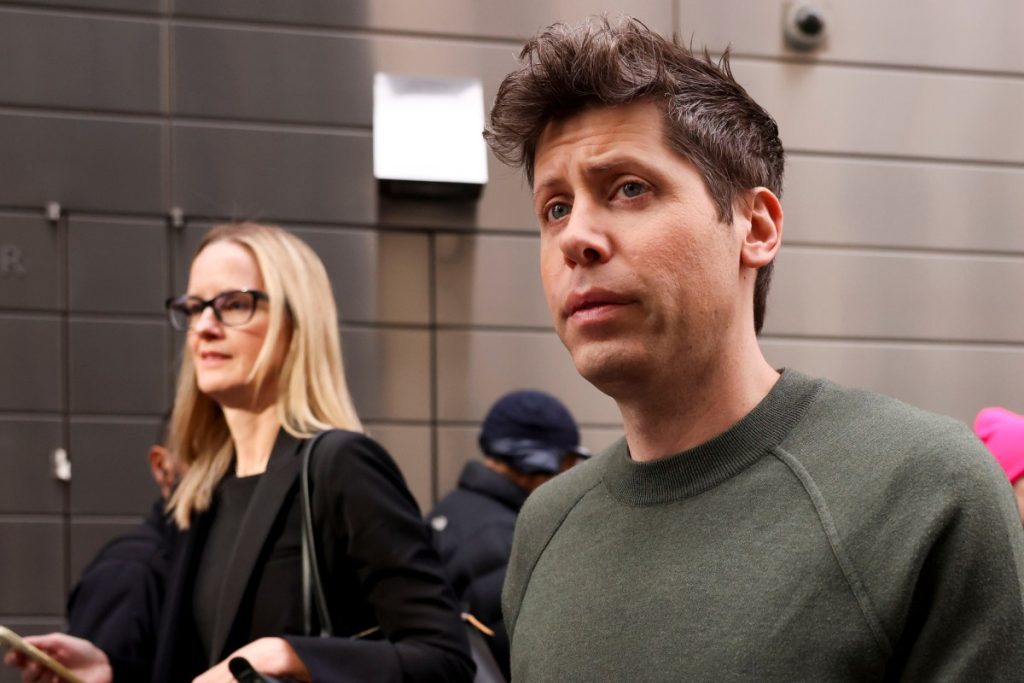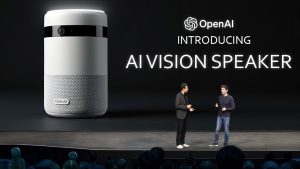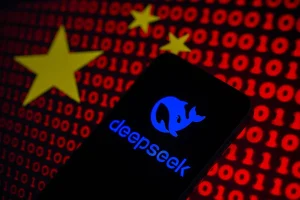Join the Mission for Ethical AI Advancement!

At an extraordinary pace, AI technologies are evolving, propelling us into new possibilities. Yet, not all paths taken are aligned with humanity’s broader interest. Encode, a nonprofit group, is stepping alongside Elon Musk to halt OpenAI’s shift towards a for-profit model. Their commitment aims to ensure AI development continues serving society.
In a world where AI’s impact is ever-growing, Encode’s intervention becomes paramount. The organization argues that transitioning to a for-profit status undermines OpenAI’s original mission. Encode believes keeping AI’s development safe and public-centered is crucial. The collaboration with influential tech figures amplifies this call for responsible innovation.
The Core of the Conflict
OpenAI, initially a nonprofit, has begun transitioning into a structure blending nonprofit goals with profit-making. Encode highlights this change contradicts OpenAI’s commitment to safety. They stress the importance of AI remaining a public-centered field. Their appeal to the court seeks to halt this evolution, arguing it jeopardizes public benefit for private gain.
Leaders Against the Shift
Elon Musk, an early OpenAI supporter, now challenges its new direction. He claims this shift strays from its fundamental mission. Musk’s lawsuit emphasizes fairness in AI research’s accessibility and innovation. His concerns are shared by others like Meta, indicating the industry’s unified stance against purely profit-driven motives.
Encode’s founder, Sneha Revanur, is vocal about the potential global repercussions. She criticizes OpenAI for prioritizing earnings over ethical responsibilities. The planned restructuring could mean sidelining public welfare in favor of investor interests. This shift raises questions about the future of AI safety commitments.
Support from Visionaries
AI pioneers, like Geoffrey Hinton and Stuart Russell, back Encode’s campaign. Their support underscores the significance of maintaining ethical oversight in AI progress.
Hinton argues abandoning nonprofit roots for mere convenience is a slippery slope. He underscores how OpenAI’s transition may set a harmful precedent, encouraging others in the field to follow similar paths. Russell also warns about diminished incentives for safety-focused innovations, as transitions prioritize profitability.
Encode’s brief references these expert opinions to strengthen their case. They stress preserving a mission-driven framework, vital in influencing public safety positively. The backing of seasoned experts heightens this movement’s credibility, rallying more to demand accountability.
OpenAI’s Response
In contrast, OpenAI defends its decision, pointing at its aim to become a Public Benefit Corporation (PBC). They argue this structure still respects its original mission while allowing essential capital influx.
OpenAI’s team sees no compromise in their commitments. They view the restructuring as a step toward sustainable development, balancing innovation with public interest.
The company insists safeguards remain intact, even when transitioning. They view external criticisms as misunderstandings of their strategic goals, aiming for broader societal contributions through a refined business model.
Financial Dynamics
The financial aspect is complex. As OpenAI took substantial VC funding, it led to its current hybrid form. However, Encode argues this partnership might push AI priorities toward profit-driven aims, compromising safety guarantees.
Encode points out how OpenAI’s proposed changes weaken its control over crucial safety commitments, potentially influencing AI’s ethical deployment.
Broader Implications
Meta’s involvement echoes the wider tech community’s concerns. The shift might not only affect OpenAI but set trends influencing other AI firms’ ethics. The fear is a domino effect—prioritizing revenue over safety.
Meta has shared its apprehensions with legal authorities, stressing these changes could harm the overall tech ecosystem. They warn altering OpenAI’s fundamental nature might have dramatic effects, risking Silicon Valley’s ethical foundation.
In its communication with the government, Meta outlines these risks. It hopes to remind regulatory bodies of their role in overseeing the fair development of transformative technologies, emphasizing preserving ethical guidelines amidst commercial opportunities.
Voice of Youth and Future
Encode is more than an organization; it’s a movement advocating deeper involvement of the younger generation in AI dialogues. Founded by Revanur, it pools voices to emphasize their stake in future advancements.
Their efforts extend beyond this case, impacting policies and frameworks shaping AI’s role in society. By collaborating with officials, they seek robust legislation ensuring AI serves humanity, not just corporations.
Resonating Beyond Courtrooms
This battle might start in a courtroom, yet its echoes are far-reaching. The implications of these decisions go beyond legal documents; they affect how AI interacts with everyday life, safeguarding societal interests.
Ensuring AI ethics isn’t merely a tech issue but a societal concern. The discourse surrounding OpenAI is pivotal—it influences future AI governance.
Encode and its allies aren’t just fighting OpenAI’s shift; they’re laying groundwork for a future where tech serves humanity, driving collective progress responsibly.
The Journey Ahead
The momentum built by Encode and supporters is just the beginning. Their mission extends beyond this immediate challenge. It urges continued advocacy, creating a world where AI prioritizes public good.
Encode’s engagement in this crucial challenge highlights a broader call for responsible technology development. The court’s decision will undoubtedly shape the trajectory of AI, reinforcing safety and public interest over unchecked commercial endeavors.





